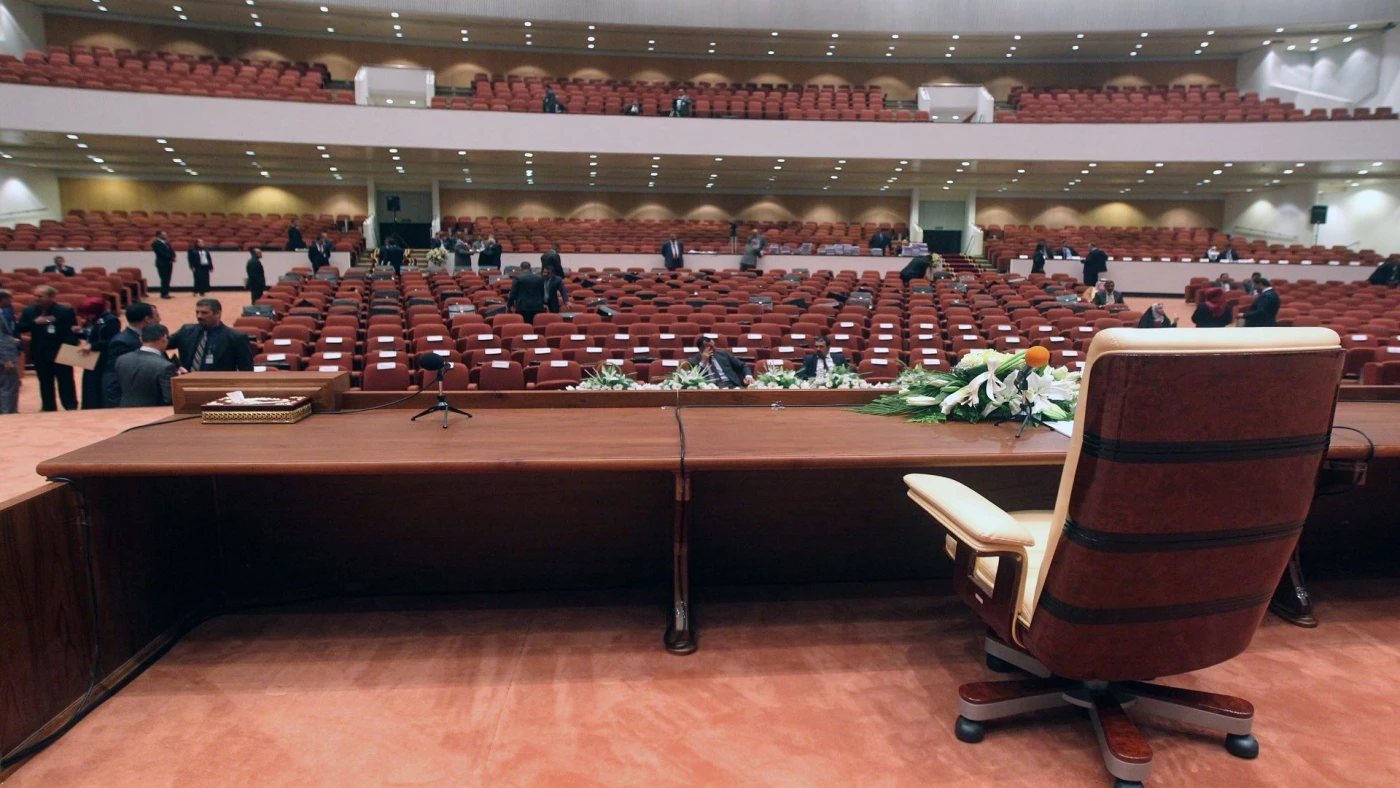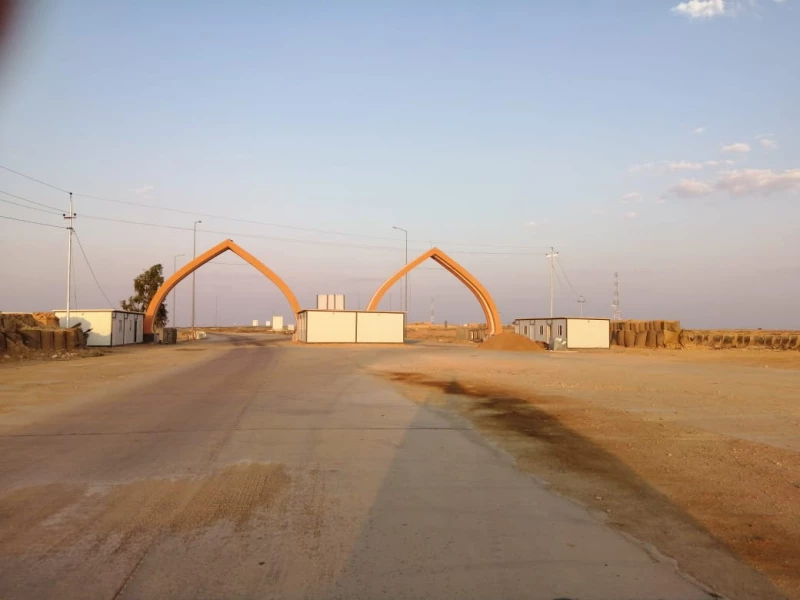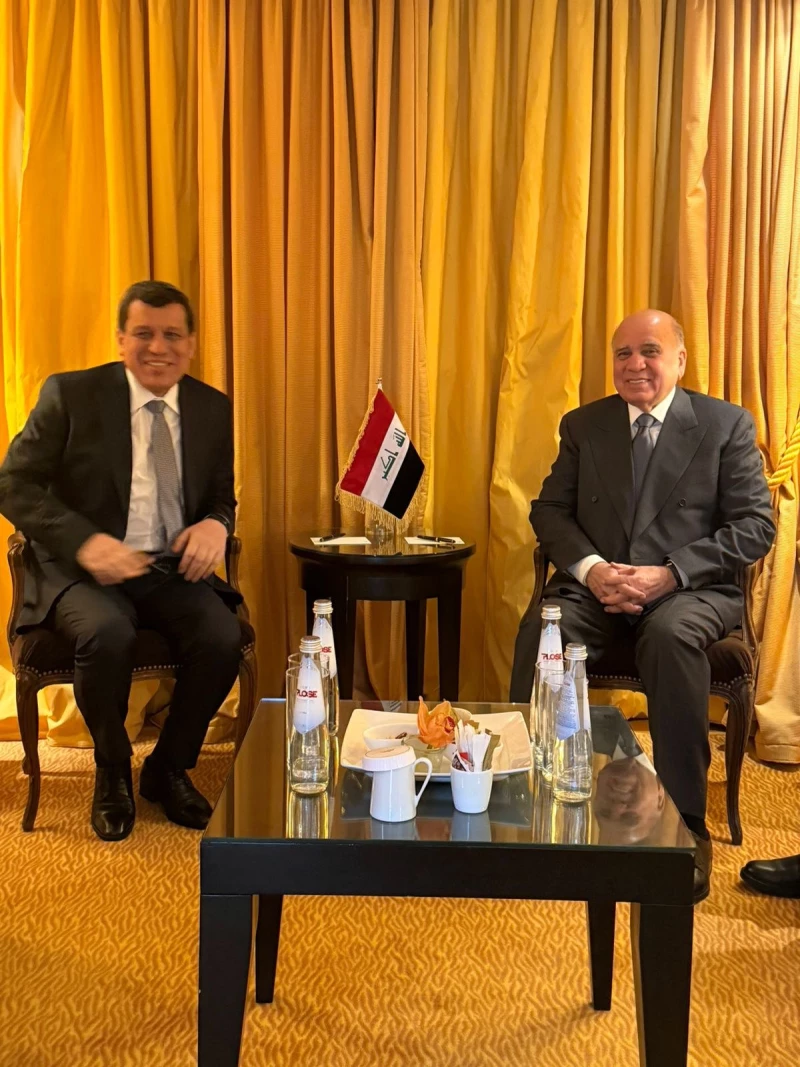ERBIL, Kurdistan Region of Iraq - The Iraqi parliament failed once again to hold its scheduled session Tuesday, as it continues to struggle with convening regular meetings. Lawmakers say political leaders are deliberately obstructing the sessions, with some revealing the reasons behind it, as calls grow to expel MPs who repeatedly skip sessions.
The parliament was supposed to hold its seventh session of the current legislative term on Monday and another session Tuesday. Both sessions failed, with the parliament announcing on both occasions that the meetings were adjourned due to lack of quorum.
After the failure to hold Tuesday’s session, First Deputy Speaker Muhsin al-Mandalawi said that he had “instructed both the media and parliamentary departments to publish the names of MPs absent from today’s session and to deduct the prescribed financial percentage from their salaries.”
The parliament released the list of MPs who attended the session hours later.
Deliberate political obstruction
MP Yasser al-Husseini described the disruption of parliament sessions as deliberate political maneuver.
“The parliament has been paralyzed for over two months because of certain political deals among powerful figures and factions, who want to kill any legislative or oversight role of the parliament for the remainder of its current term,” Husseini told The New Region.
“They do not want certain laws to pass because there are no political deals or agreements. They also do not want to hold negligent, failed, and politically protected officials accountable,” he added.
Husseini said the obstruction is “a deliberate political move agreed upon by some political leaders. We do not expect the coming period to see any sessions held unless there is political will from these influential actors who control the work and fate of the legislative institution.”
Expel the absentees
Meanwhile, Mohammad Anouz, a member of the parliament’s legal committee, stressed the need to tighten legal measures against MPs who are absent from sessions, calling for their expulsion.
“The parliament’s presidency must take the strictest legal steps, including expelling MPs who persistently skip sessions,” Anouz told The New Region. “This option should be strongly considered to deter MPs from being absent, not just rely on financial penalties by cutting part of their monthly salary.”
He added, “There is no justification for the widespread absenteeism of MPs in recent sessions, especially since the agenda does not include controversial or divisive laws, unlike sessions held before Ramadan.”
He said this proves “the disruption is deliberate and intentional, and MPs are absent at the request and instigation of political leaders. The parliament’s presidency must act against these MPs and not tolerate the ongoing disruption.”
Monday’s agenda included voting on the proposed first amendment to the Equivalency of Certificates Law No. 20, the first reading of the proposed first amendment to the Law on the Protection of Teachers, the second reading of the proposed first amendment to the Ministry of Education Law, a proposed law on environmental protection and improvement, the second reading of the proposed amendment to the parliament’s Law of 2018, along with other items.
Tuesday’s agenda included voting on the proposed law of the programmers’ syndicate, voting on the mental health law, the law on protection from tobacco-related harm, the proposed third amendment to the law on compensation for victims who lost body parts due to the practices of the former regime, the proposed law on the private hospitals union in Iraq, along with other items.



 Facebook
Facebook
 LinkedIn
LinkedIn
 Telegram
Telegram
 X
X


